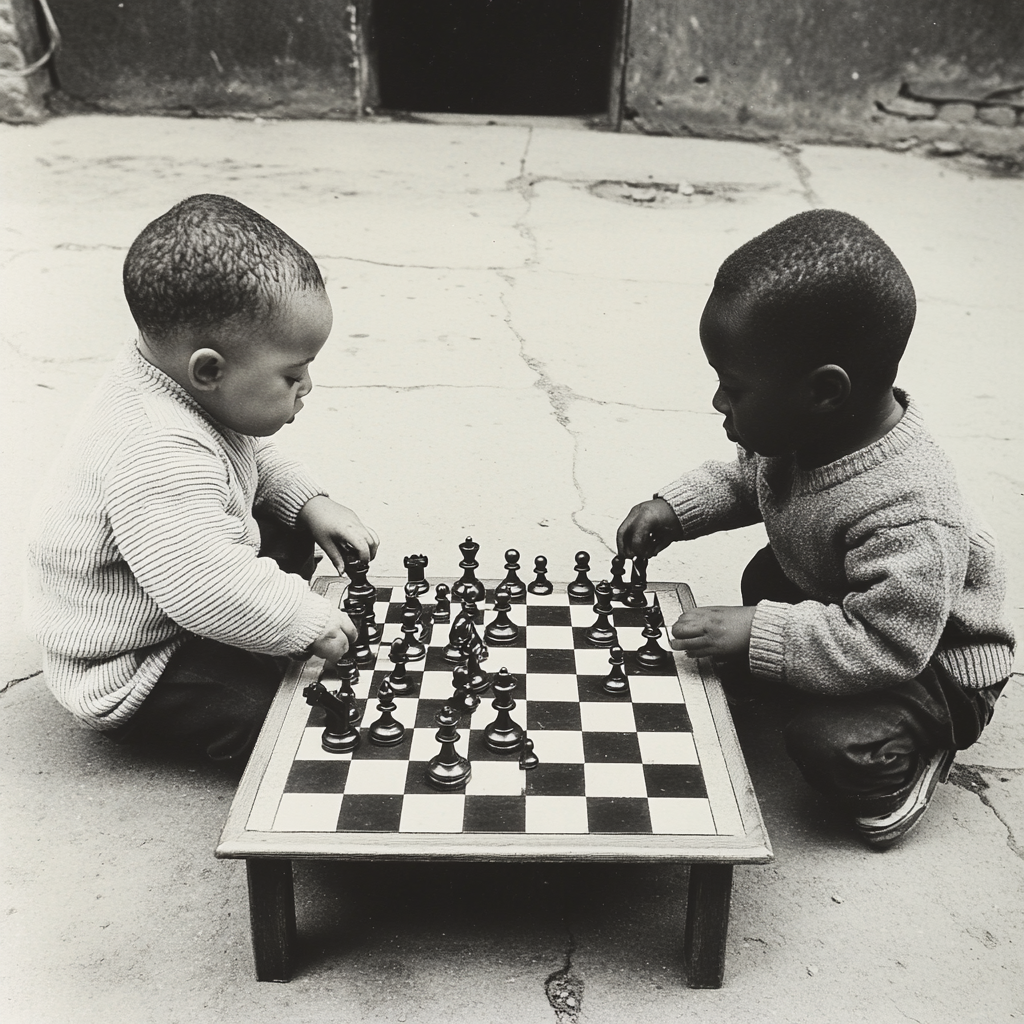the “no complaining” rule
As a founding principal and CEO, Ben had real success with a “no complaining” rule. It wasn’t just that his team couldn’t complain about change. We (I was on this team) couldn’t complain about anything. Complaining was not a mode of thinking or communication we permitted ourselves. This was in a public education context where there was an immense amount of things one could reasonably complain about.
Instead of complaining, Ben’s rule forced us to return, again and again, to feedback, ownership, and experimentation. Complaining sounds something like, “This is busted again…ugh…I’m so tired of this.” Ben’s teams said things more like, “This is busted! I have 2 ideas for ways we can address it. What are yours? Ok, let’s try x.”
A really key thing here is that Ben’s teams still said some version of “This is busted.” Ben didn’t ask his people to turn a blind eye to problems. He didn’t silence critique or stifle feedback. On the contrary, he pushed us to maintain high, detailed standards (no peeling up corners of posters on the walls of classrooms; no boring-ass lessons that lacked interesting challenges for kids, eg). He encouraged careful, regular observation of our work, our kids, our physical space. Find where things aren’t right, offer the feedback, build a solution.
Underneath all of this were some fundamental beliefs or mindsets: we can do hard things; our kids deserve the best; there’s always something you can do to improve; incremental growth really matters. You can’t issue an order and change someone’s beliefs on the spot. Smart, reasonable people need some evidence before their perspective can shift. So the “no complaining” rule was not an order issued to instantly change mindsets. It was a prompt for practice - it set us all up to solve problems together. Doing that problem solving gave us ample evidence over time that we could do hard things, that the growth mattered, that we could deliver what our kids deserved. For many of us, mindsets shifted in this positive direction. Eventually, refraining from complaint didn’t chafe like an artificial rule - it was a point of pride, a spiritual discipline we had mastered. A line written right into our base code.
-eric
